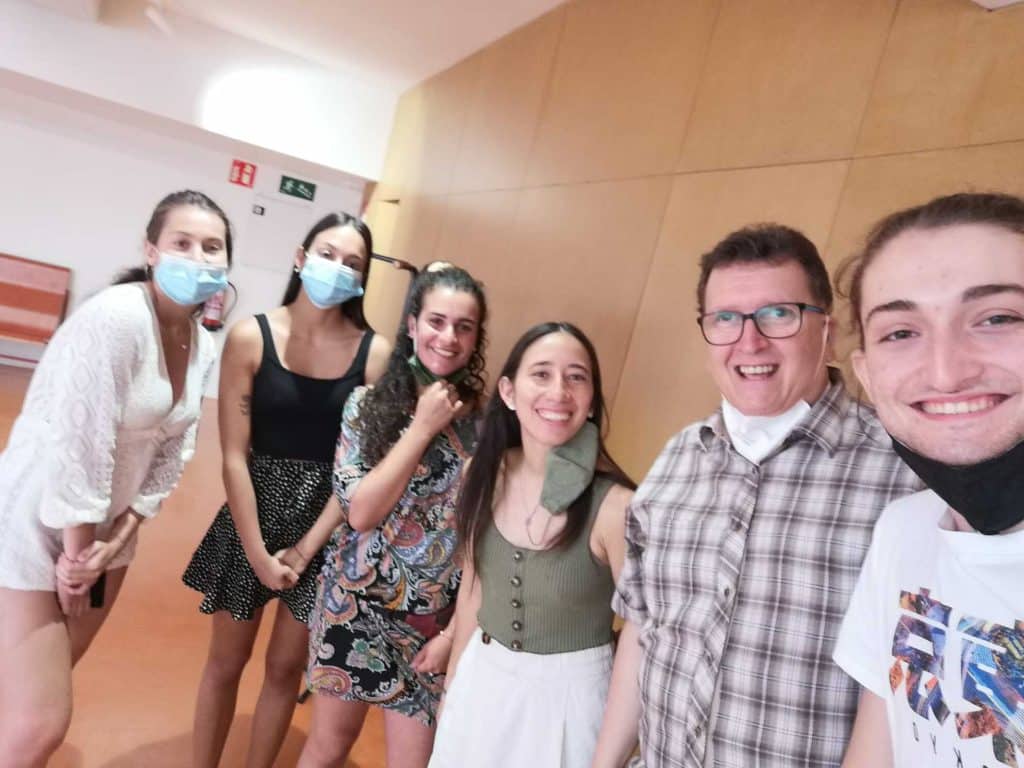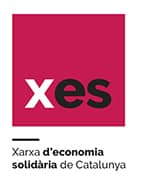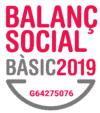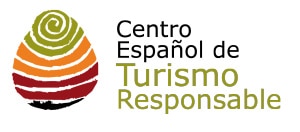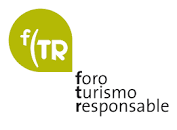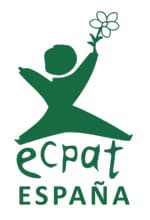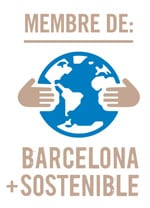Throughout the year 2021, and within the framework of Sustainable Tourism Network Project-Poblenou Responsible Tourism a work team ofEthnic Association led by Jordi Tolrà has worked in close collaboration with the associative and small business fabric of New town to create experiences that allow travelers and visitors to the city to enjoy the neighborhood by discovering its most genuine and authentic part, and in this way help the transformation of Barcelona’s tourism towards guidelines of greater sustainability and responsibility.
It has been a laborious process, done from the neighborhood and in a personalized way that has culminated in the co-creation of fifteen new experiences.
The starting point of the project is the realization that Poblenou , like other old towns and neighborhoods added in the 19th century in Barcelona , has a large number of activities, tangible and intangible cultural heritage and artisans that are unknown in the large audience This lack of knowledge has its origin either because its creators and managers had not yet considered making them known and opening them to the public, or because they did not know how to do it.
From the Ethnic Association we set ourselves the challenge of transforming these activities into experiences of interest for travelers and visitors, and for the local citizens themselves. In this way, the catalog of options for the visitor is expanded, decentralized and grows in sustainability.
On the other hand, little-known activities improve its reputation and visibility, and the neighborhood can transform its dynamics related to tourism, with the influx of visitors more interested in enjoying a cultural and enriching experience in small groups, all respecting the local character, and without disturbing the identity or the rest of the neighbors who live there.
Throughout the process, the association has had the support of the Poblenou Commercial Center and students in internships at the CETT School of Tourism , attached to the University of Barcelona (UB).
Phase 1. Fieldwork to identify the realities related to tourism in Poblenou
The project has been structured in different phases, all of them worked side by side with the associative fabric of the neighborhood.
It was, at first, to document the reality that the neighborhood experiences in relation to tourism. Identify the existing activities, and their impact on the life of the neighborhood. At the same time, the attitudes and opinions of the neighborhood about tourism in the neighborhood and the alternatives proposed by their organizations were investigated and documented.
Phase 2. Identification of activities of interest
In a second phase, the project has identified and listed the most interesting activities among those carried out by associations, small craft shops, cultural entities or associations. Activities that, despite their interest and value, are not available to the general public. The activities were classified according to their type and also according to those responsible for their management.
Phase 3. Contact with the activities and co-creation work proposal
Once the existing activities with sufficient potential to generate interesting experiences for the visitors and travelers of the cities were identified, the Team scheduled a series of rounds of contact and presentation of the project to its promoters. Despite the contact difficulties created by the covid19 pandemic, around forty meetings were held, both virtual and face-to-face, with the activities identified.
The direct contact work had several objectives. On the one hand, to help highlight these activities in a way that many of their promoters had not considered until now. In other words, as activities of general interest for the general public. On the other hand, create complicity with the entities regarding the importance and the need to change the tourist model that the neighborhood suffers from, redirecting it towards sustainability.
Phase 4. Co-creation of new experiences
Based on the personal contacts made, the project team began working with the promoters of the activities to co-create new experiences. In other words, to consider the creation of new activities, based on what they already do, aimed at visitors.
These new experiences, all different and unique, had to have the same characteristics: to be able to enjoy themselves experientially and not passively, to discover activities, corners, aspects or realities that until now have not been accessible to the general public.
They also had to be able to take place in small groups, be accessible by public transport and be adapted to special needs arising from a disability, and be able to adapt and be flexible according to the composition of the group of visitors.
Each experience has been worked on individually using an artisanal method created by the Project Team itself.
Phase 5. Test of experiences and validation
Once the experiences were designed, the Team proposed to its promoters to conduct a test with potential real users to validate the format, duration and methodology of each one. This has made it possible to reformat some initial proposals and adapt them, creating a viable and affordable product in terms of format and duration for visitors.
Phase 6. Diffusion
Finally, the resulting experiences have been disseminated in an attractive format on the website of the Ethnic Association. From the website you can access detailed information about the experiences created and you can contact Aethnic to enjoy them.

